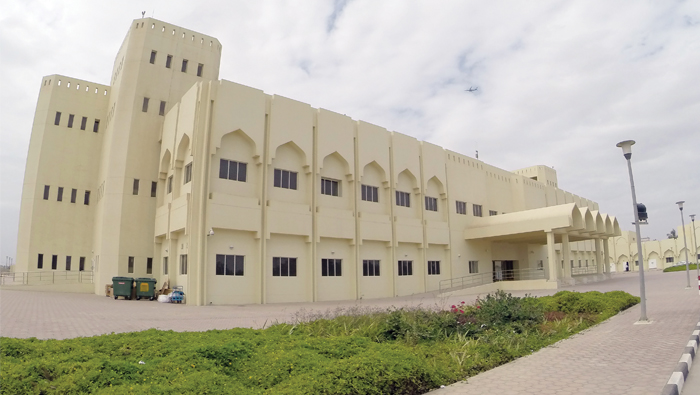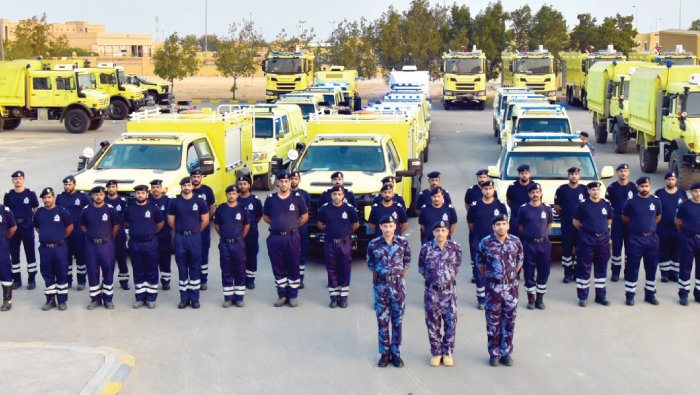

Muscat: Adequate measures have been taken in Dhofar and AI Wusta governorates that are expected to bear the brunt of tropical cyclone Tej.
The direct effects of the tropical cyclone (Tej) began on a number of wilayats in the Dhofar and the Al Wusta governorates, according to the Civil Aviation Authority.
According to the warning (2) issued by the CAA, weather charts analysis at the National Multi-Hazard Early Warning Centre indicate that the Tropical Cyclone Category 3 (Tej) is centred on latitude 12.9 °N and Longitude 54.7 °E.
The centre of the cyclone is around 450 km away from the coast of Oman and wind speed around the centre is estimated to be between 100 to 112 knots, and the nearest rainy cloud mass is estimated to be 140 km away from the coasts (Wilayat of Sadah).
The forecasts suggest that the cyclone will continue to move west northwest towards the coasts of Dhofar Governorate and the Republic of Yemen (AI Mahra). It is likely to further intensify into a category (4) cyclone within the next 24 hours.
The sea is expected to be very rough ranging between (4–7 metres). In addition, storm surge might cause sea water inundation along low lying coastal areas.
CAA advises all to take maximum precautions, avoid to crossing wadis and low-lying areas. It also advised to avoid venturing into the sea during this period.
In preparation for cyclone Tej, the Sultan Qaboos Hospital in Salalah was evacuated.
Even the residents of the Halaniyat Islands and coastal areas in the Wilayats of Salalah, Rakhyut and Dhalkut in Dhofar Governorate were evacuated.
Several relief and shelter centres have also been set up in the Dhofar governorate.
The government also announced the suspension of work in Dhofar Governorate and the Al Jazir Wilayat in the Al Wusta Governorate on Monday, October 23 and Tuesday, October 24 due to Cyclone Tej.
Meanwhile the Main Military Committee for Emergency Management of the Sultan’s Armed Forces (SAF) held meetings to review preparations and the readiness to deal with the tropical cyclone Tej.
The meetings were held under the chairmanship of Brigadier Hamid Abdullah Al Balushi, Assistant Chief of Staff for Operations and Planning, Chairman of the Main Military Committee for Emergency Management.
The Sultan’s Armed Forces reiterated its readiness to tackle the effects of the tropical cyclone.
This came within the framework of SAF’s keenness to provide support to public units and other sectors in emergency situations as per the plan of the National Committee for Emergency Management.